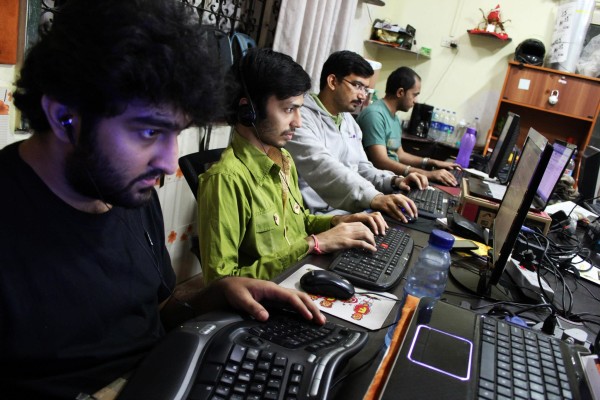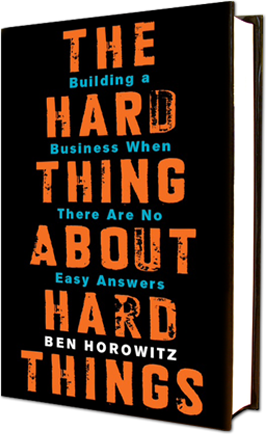I recently wrote a Facebook post sharing a sentiment that open office setup / modern work stations is a fail. At Pricebaba we have always had an open setup and I always considered it to be a good thing in the initial days. However as the team grew we started seeing occasional complaints of ‘too much noise’ but the underlining problem escaped my mind because most of us were on desktops. As we grew and moved to a larger space with most people shifting to laptops overtime, we realised that this setup is a big problem! Many people (including me) started to escape into meeting rooms with their laptops. One of our advisors even commented that finding a closed room / section for developers will up their productivity by 50% or more.
Here is what my post read:
I am leaning towards agreeing 100% with this.
“The open office plan is a tyrant of interruption, a deep loss of privacy, and the death of productivity.”
The above quote is from a post by Yan on Quartz. He covers the Open Office topic and that sparked my search for more comments from friends about what they feel. Here are a few responses to this. Read More

